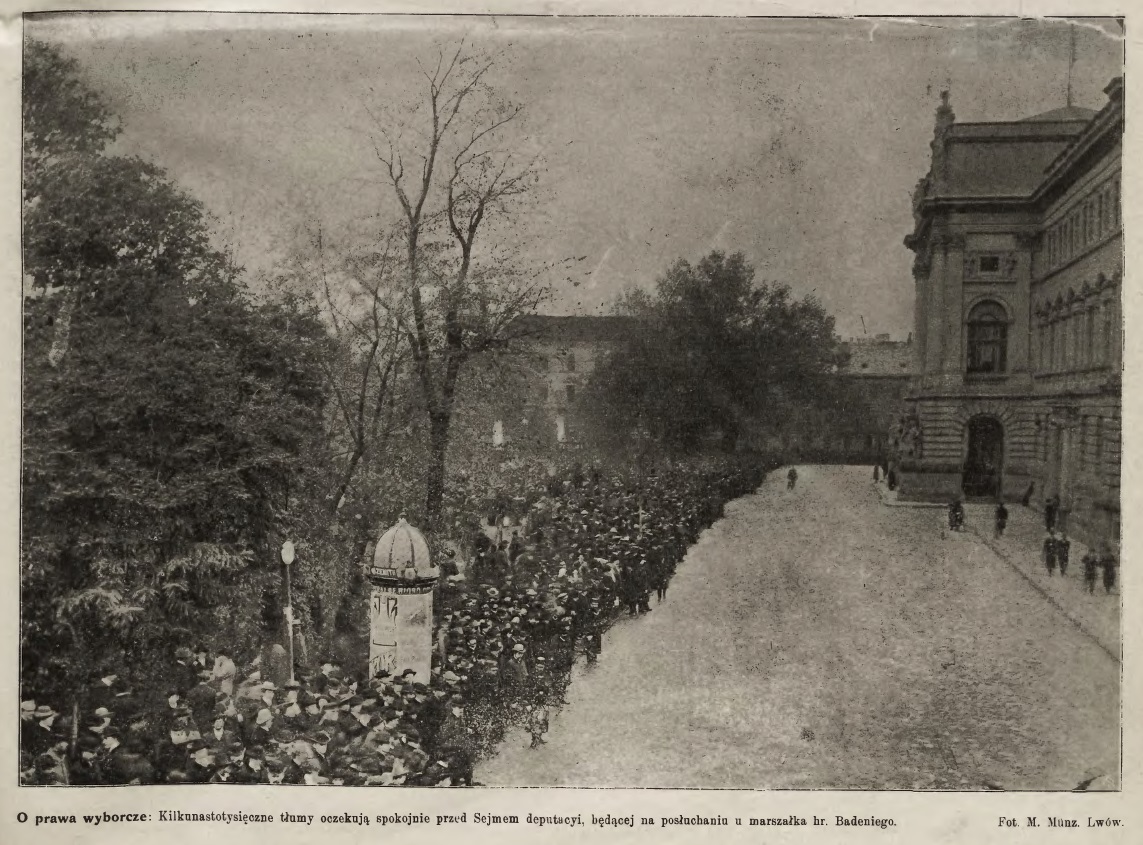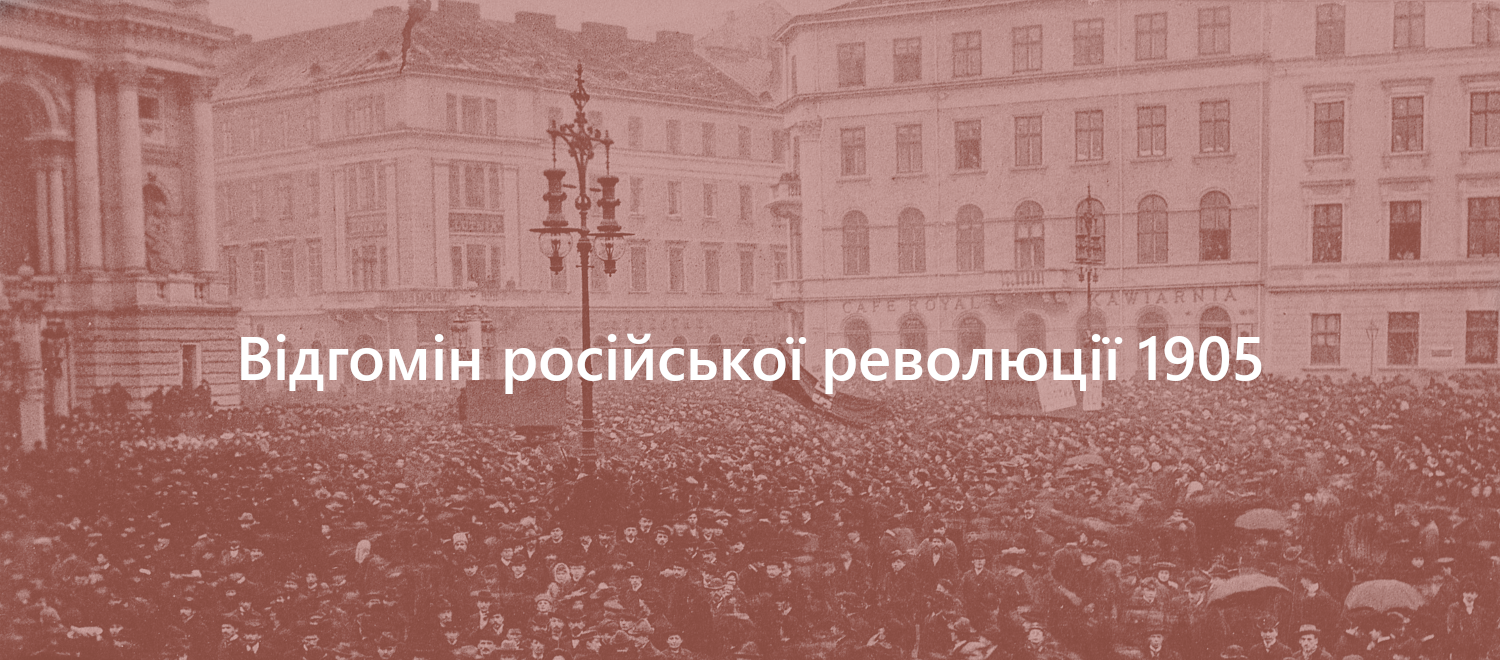


An assembly "against Russian barbarism in Poland". Lviv, late January - early February 1905
In late January 1905, the Russian authorities suppressed workers' demonstrations in the cities of the Kingdom of Poland. After that, the Lviv Social Democrats organized a meeting of students and workers, which ended with a march through the city center and a devastation of the newspaper Słowo Polskie editorial office.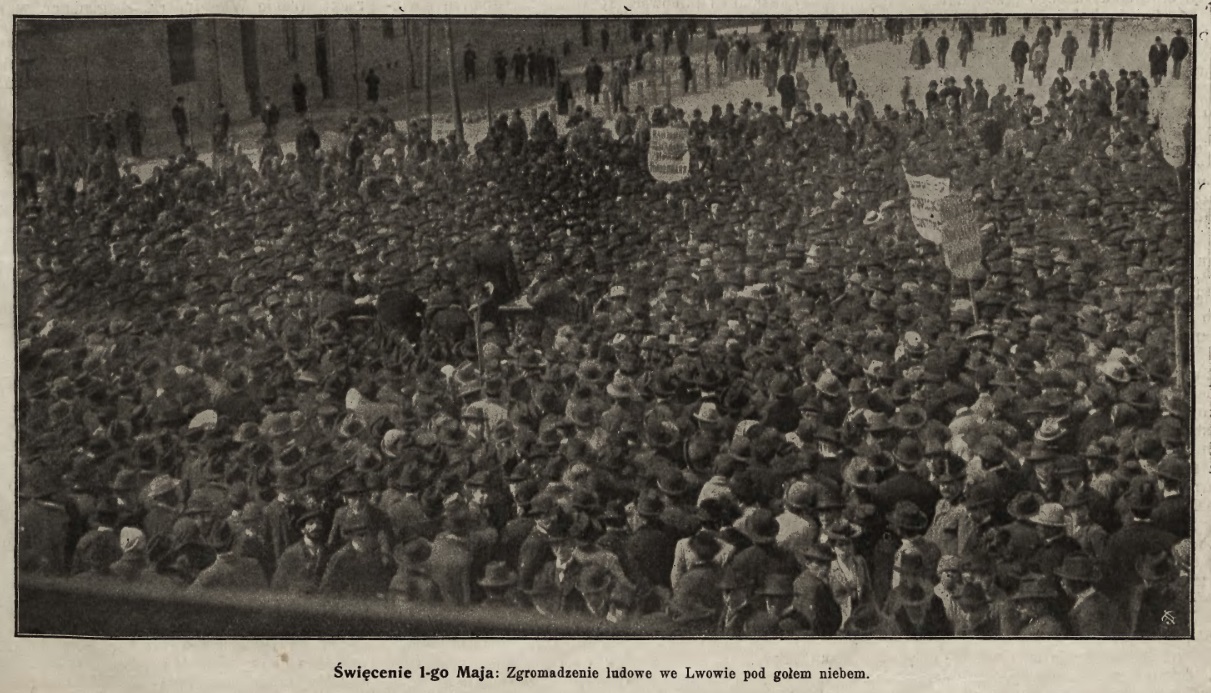
The strikes of May 1905 in Lviv
During strikes in May 1905, a trend emerged that manifested itself at its full potential during the construction workers' strike in July: an attempt to play the "patriotic card" in the confrontation between workers and employers. With this in view, the press, posters on the walls, and speeches during rallies or meetings were used.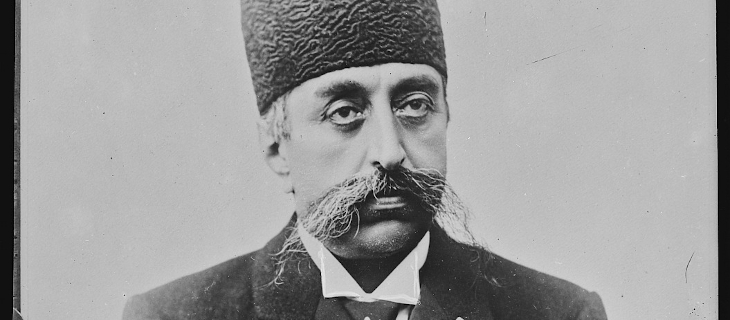
Visit of the shah of Persia (1905)
In 1905 it was the shah's third visit to Lviv. Since Lviv didn't often receive such high-ranking guests, the visit became one of the most important events for local authorities.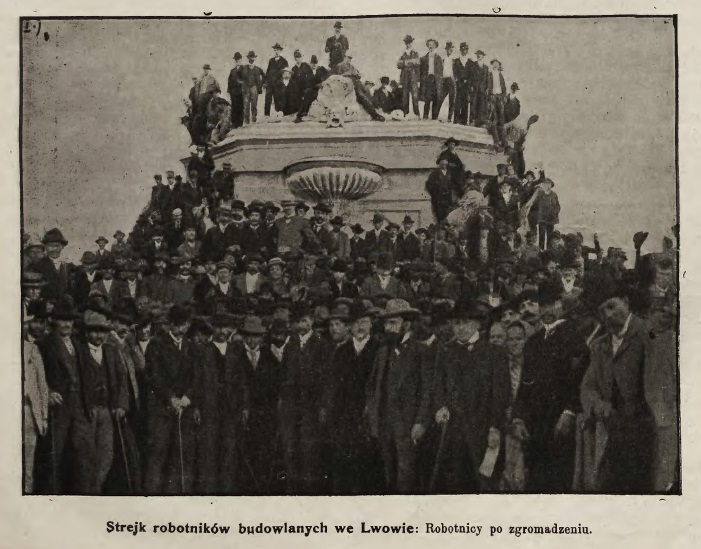
July 1905 in Lviv. The strike of construction workers
In July 1905, construction workers went on strike in Lviv. In contrast to the strikes that took place in May, in July everything was developing in a much more dramatic and organized way.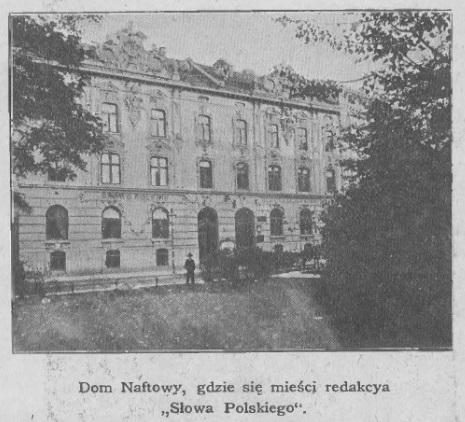
The social-democratic rally of July 9, 1905 and the devastation of the editorial office of the newspaper Słowo Polskie
A demonstration, organized by social democrats on Sunday, July 9, 1905, took place on the eve of the construction workers' strike, when it was already clear that no agreement could be reached with the employers. During the rally, one of the activists who once again decided to destroy the kiosk of the newspaper Słowo Polskie was wounded with a revolver.
November 1905 and the Patriotic Polish Youth
November in Lviv was traditionally full of Polish national celebrations. It was in this month that the beginning of the November Uprising was celebrated and the anniversary of Adam Mickiewicz’s death was commemorated. The troubled year of 1905 was no exception.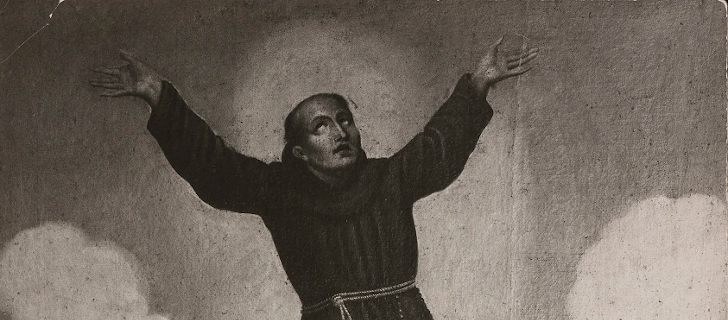
250th Anniversary of the Siege of Lviv by Bohdan Khmelnytsky’s Army (1655-1905)
Two almost simultaneous events dedicated to one episode in history, the siege of Lviv in 1655, which demonstrate the confrontation between Ukrainian and Polish society in Lviv at that time.